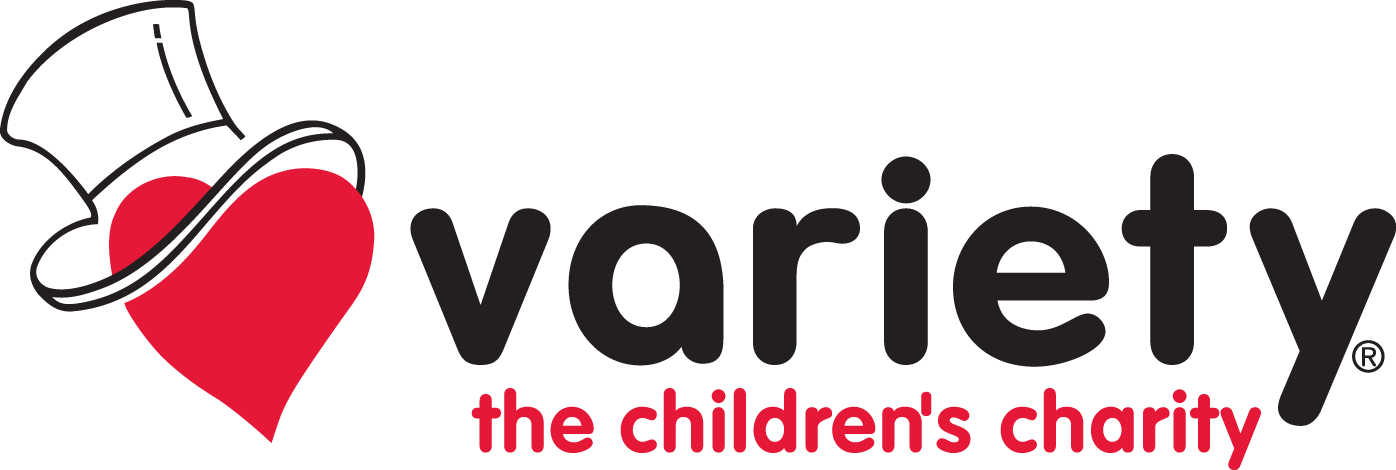By Jessica Bynoe
Over the past few weeks I have had at least half a dozen conversations convincing me of the importance of twitter. As someone who did not have a computer until I was 18, start a facebook page until I was 25, and still operates on a blackberry, I am certainly not what you would call “an early adopter” of technology. Better late than never, right?
So, here I am tweeting and retweeting away. You can follow me @jessbynoe! I’ve created a snappy bio, committed to tweet about food, philanthropy and the arts, and managed to attract a whopping 71 followers. By now, you may be asking, what does this have to do with “the heart of Variety’s work?” A lot! As a set of fresh eyes on twitter, I have quickly learned (or was reminded of) four core lessons that can apply to non profit leaders looking to make an impact on and off line:
- Have an opinion! I often tell college students one of the ways to be successful in your career is to figure out what your opinions are about your field, company, community or industry. Then draw your line(s) in the sand and develop a vision for how you and your work can move your field where you think it should go. Guess what!? People are drawing lines in the sand all over twitter. Now, I’m not saying to go all Donald Trump and draw so many lines that you create a box (or a wall) around you, but use Twitter to express your opinions about the state of your industry or community. Tell us why the arts are important! Tell us why overhead rates are a sham! Use this space to proclaim, grow and refine your intellectual brand.
- Be your authentic self! Anyone who knows me knows that I love to cook almost as much as I love to define strategic philanthropy and grapple with tough organizational development issues. No surprise, my twitter is reflecting this duality. During the day I might be highlighting grantees or opining about the lack of diversity in institutional arts organizations, but around 5 or 6pm I’m retweeting Marion Batali and The James Beard Foundation. The point is, Twitter gives us a space to show the human side of those lines we drew in the sand. We are not non profit machines spitting out impact reports, balance sheets and trade journal articles. We need to help the world reexamine the human side of our industry, and perhaps the place to do that is on social media. (Ironic, I know.)
- Show your passion! For years I have been a big fan of Neil Degrasse Tyson. Don’t ask me why. I know no more about astrophysics than what Big Bang Theory teaches. Though, following him on Twitter I think I figured it out. He unabashedly shares his passion and enthusiasm for his work! Whether schooling B.o.B. on the flat earth conspiracy or critiquing space based films, he makes you want to love astrophysics. We can all take a page from his book and tweet to make people love the non profit sector!
- Join the conversation! Once upon a time if it didn’t happen on TV, it didn’t happen. Now, it has to happen on Twitter. In four days I have seen announcements about new grants awarded, new studies distributed, new leaders hired to run major arts institutions, and some celebrity feuds I still don’t get. More importantly, it’s what happens after those announcements; the conversations, that really begin to light up the industry. And oftentimes, the people entering the conversation are getting messages back from leadership at institutions that may be unreachable by phone or email. The democratization of such conversations is an incredible opportunity for grassroots leaders to amplify their voices, ideas and opinions (see point #1)!
I am excited by the opportunity of this medium and how it can support grassroots transformative arts programs. I know I am a little late to the game, but I look forward to joining the conversation as my authentic self with lots of passion and opinions!
